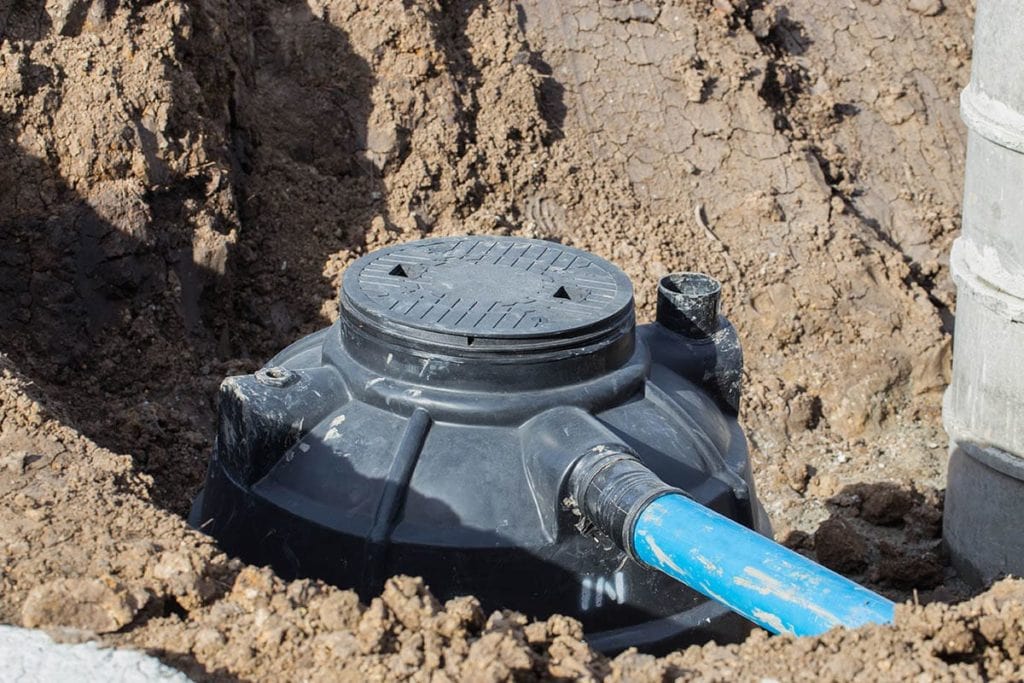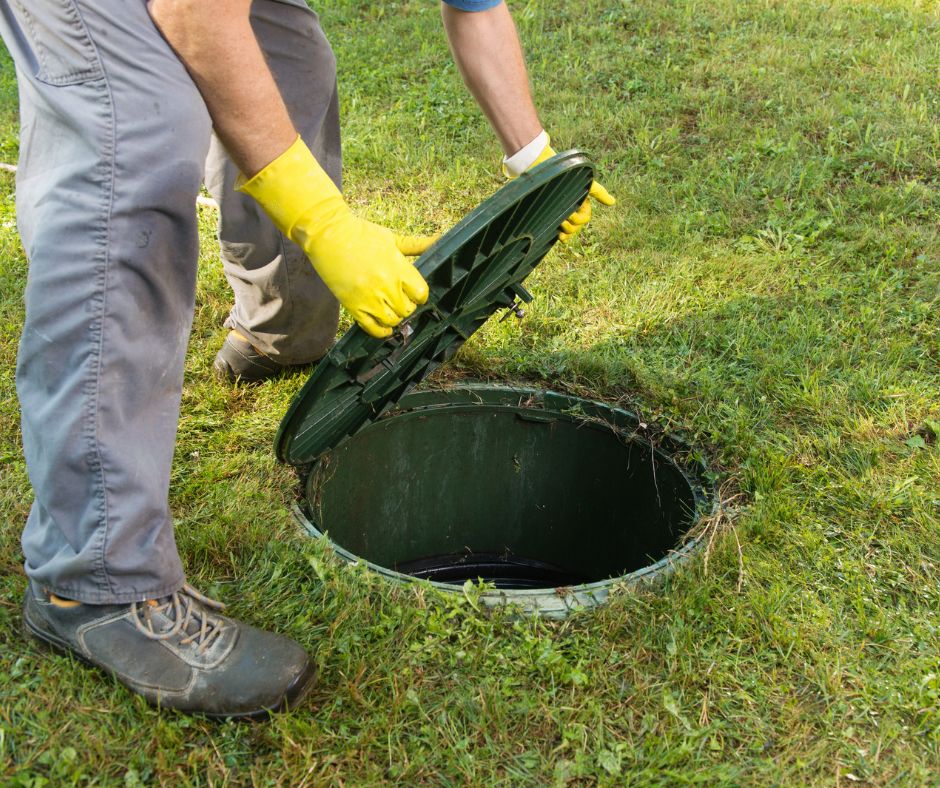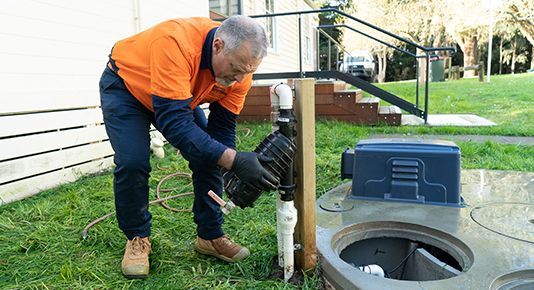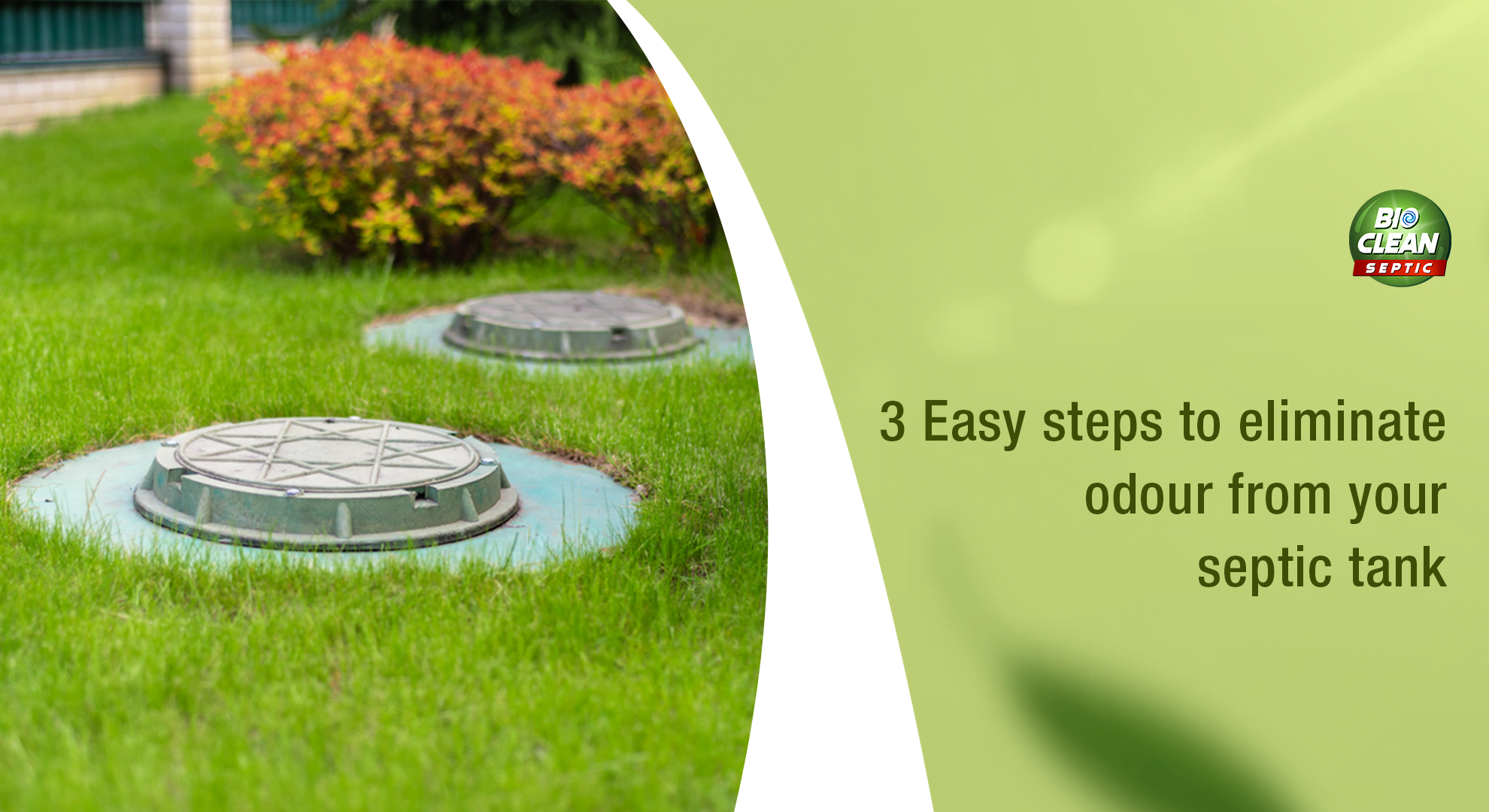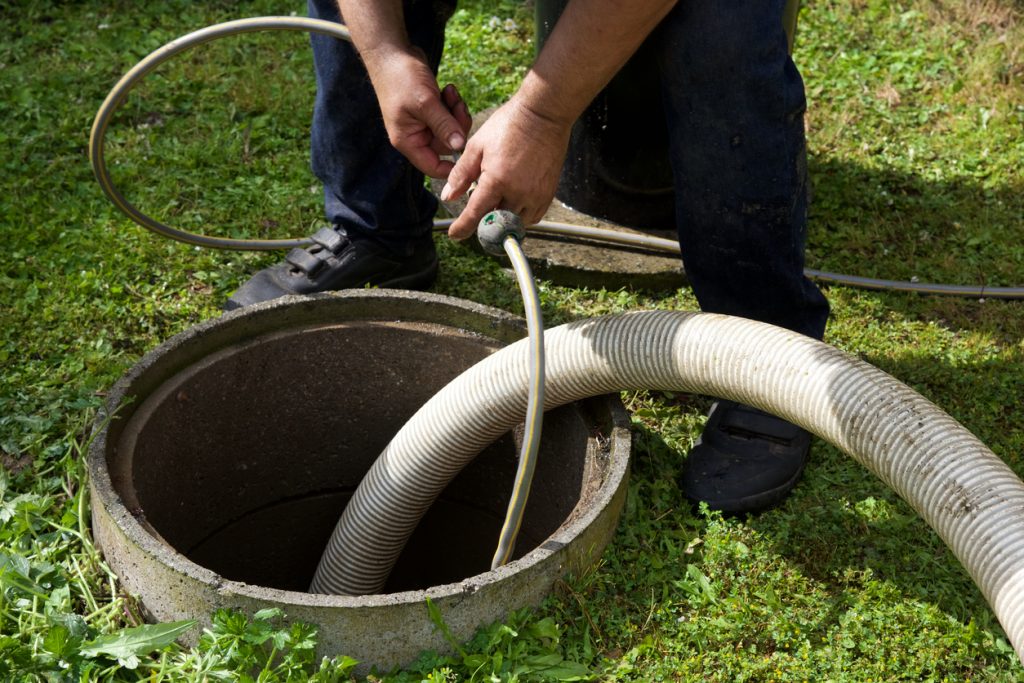
Common Reasons for Septic Tank Smells and How to Resolve Them
The unpleasant odor emanating from a septic system is a common homeowner concern, often indicating a malfunction or improper maintenance. Understanding the root causes of these smells is crucial for addressing the issue effectively and preventing more serious, costly problems. This comprehensive guide explores the frequent culprits behind septic tank odors and provides detailed solutions for remediation.
Causes of Septic Tank Odors
Septic tank smells are rarely a result of a single, isolated problem. Instead, they often stem from a combination of factors, each contributing to the overall unpleasant aroma. Identifying the specific cause is essential for targeted intervention.
1. Insufficient Sludge and Scum Removal
Septic tanks rely on a natural process of bacterial decomposition to break down wastewater. Over time, solids settle at the bottom (sludge) and lighter materials float to the top (scum). When these accumulate beyond the tank's capacity, they can disrupt the biological balance, leading to incomplete wastewater treatment and the release of foul-smelling gases. These gases, including hydrogen sulfide (responsible for the characteristic "rotten egg" smell), methane, and ammonia, can escape through cracks, vents, or even the soil, contaminating the surrounding air.
Resolution: Regular pumping and inspection of the septic tank by a qualified professional are paramount. The frequency depends on factors like household size and wastewater volume, but typically, pumping is recommended every 3-5 years. A professional can assess the sludge and scum levels and determine the optimal pumping schedule for your specific system.
2. Clogged Drain Field
The drain field, also known as the leach field, is the crucial component responsible for filtering wastewater after it leaves the septic tank. If the drain field becomes clogged with solids or impacted by tree roots, wastewater can back up, causing backups into the house plumbing and the release of noxious gases. This can result in significant odors, both inside and outside the home, as well as potential sewage backups.
Resolution: A clogged drain field requires professional intervention. Attempts to unclog it oneself can exacerbate the problem. Professionals may use specialized equipment to clear blockages, identify the extent of the damage, and potentially recommend repairs or replacement of sections of the drain field. Preventing future clogs often involves ensuring no landscaping is planted over or near the drain field and maintaining healthy grass growth to prevent soil compaction.
3. Leaks and Cracks in the Septic Tank or Pipes
Structural damage to the septic tank or its connecting pipes can allow untreated wastewater to seep into the surrounding soil. This not only pollutes the groundwater but also releases foul-smelling gases directly into the environment. Leaks can occur due to age, shifting ground, or improper installation. Cracks may be subtle, but they can still significantly compromise the tank's integrity and lead to considerable odor problems.
Resolution: Inspecting the septic tank for cracks or leaks requires professional expertise. Specialized cameras can be used to assess the tank's condition internally, identifying any structural weaknesses. Repairs might involve sealing cracks with epoxy or, in severe cases, complete tank replacement. Likewise, leaky pipes necessitate prompt professional attention to prevent further damage and odor issues.
4. Improper Ventilation
Septic tanks require adequate ventilation to allow gases to escape safely. A properly functioning vent pipe extends above the roofline, preventing the build-up of pressure and the release of odors indoors. Blockages in the vent pipe, either from debris or ice, can create a pressure buildup within the system, forcing wastewater and gases to seek alternative escape routes, leading to foul smells inside the house.
Resolution: Regularly inspect the vent pipe for obstructions. Clear any debris or ice buildup carefully. If the blockage is persistent or difficult to remove, consult a professional plumber to assess the vent pipe's condition and ensure its proper functionality. The vent pipe must remain unobstructed for the safe and efficient operation of the septic system.
5. High Water Table
A high water table, the level of groundwater in the soil, can negatively affect the septic system's performance. Excess water can saturate the drain field, hindering its ability to properly filter wastewater and leading to backups and odor problems. The increased moisture can also accelerate the decomposition process, producing more gases.
Resolution: Addressing a high water table requires a more comprehensive approach. Solutions may include installing a larger drain field, improving drainage around the system, or even utilizing alternative wastewater treatment systems better suited to high water table conditions. Consulting with a septic system specialist is crucial to determine the most appropriate and effective solution.
6. Improper Use of the Septic System
Misuse of the septic system can significantly impact its efficiency and contribute to odor issues. Disposing of inappropriate materials, such as excessive grease, chemicals, or certain types of waste, can disrupt the biological processes within the tank, leading to slow decomposition and increased gas production. Additionally, excessive water usage can overload the system, causing backups and foul smells.
Resolution: Educate yourself and household members on proper septic system use. Avoid flushing inappropriate items like sanitary wipes, feminine hygiene products, and excessive amounts of grease. Conserve water to prevent overloading the system. Using appropriate septic-safe cleaning products can help maintain the balance of bacteria in the tank.
Preventing Septic Tank Odors
Proactive measures are crucial in preventing septic tank odors and ensuring the longevity of the system. A preventative approach is far more cost-effective than dealing with the consequences of neglect.
Addressing septic tank odors promptly and effectively requires a thorough understanding of potential causes. By following the preventative measures outlined above and seeking professional assistance when necessary, homeowners can significantly reduce the risk of unpleasant smells and ensure the optimal performance of their septic system for years to come.

